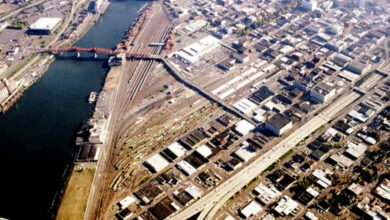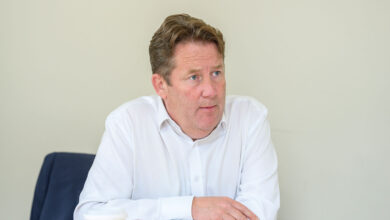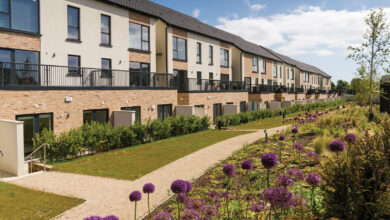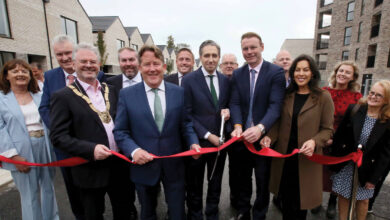Fine Gael’s vision for housing
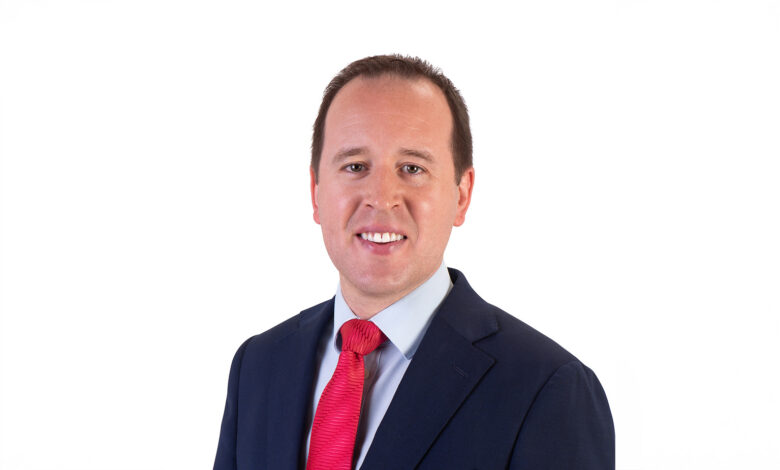
Everyone in politics and wider society is acutely aware of the challenges we face as a state when it comes to housing. The vast majority of the public also understand that catchy soundbites, slogans, and accusations that only certain parties and policies have the ability to be able to change the dial are very far from reality, writes Senator John Cummins, Fine Gael spokesperson on housing, local government and heritage.
Housing by its nature is multifaceted, with so many interconnected parts. I am always mindful when I listen to ideological and academic debates at the Joint Oireachtas Committee or on our airwaves that they do not get a single house built.
My party Fine Gael is not hung up on ideology, we do not mind who delivers housing so long as it gets built, be that local authorities, AHBs, co-operative trusts, the LDA, public private partnerships or the private sector.
I do not subscribe to the narrow view that state delivery is good and private delivery is bad. All housing units delivered have a positive impact. If three workers who are in a house share move into a purpose-built rental complex, they free that house up for a family, the same goes for purpose-built student accommodation. No segment of housing can be looked at in isolation and what happens in one area can greatly impact another.
The case my party is putting forward is one of progress on key metrics like housing commencements, completions and first time buyers, but we are not blind to the fact that things are far from perfect, just like nothing is perfect in any country when it comes to housing.
The challenges we face from a labour shortage perspective, rising costs of construction and a rapidly growing population are being faced by many countries across the globe.
When Fine Gael came into government in 2011, there was record levels of unemployment, our construction sector had essentially collapsed, mass emigration of our tradespeople occurred, ghost estates littered our country and fewer than 7,000 housing units were being built in the entire country each year from 2011 to 2014 because no finance was available for construction, developers had gone bust and there were no workers available.
Contrast that to last year when 32,700 housing units were completed. In the last 12 months alone just shy of 50,000 housing units commenced construction, meaning the future pipeline of completions is very strong. 500 first time buyers every single week are purchasing their first home – these are real people, getting keys and moving into their first home.
Housing For All is the Government’s housing policy since 2021. It is the successor to Rebuilding Ireland which laid much of the foundations on which the current policy is built.
Schemes like ‘Help to Buy’ have provided 50,000 individuals and families with up to €30,000 of their taxes back to enable them to have a deposit to purchase or build a new home have been invaluable. While we have expanded and extended the scheme until 2029, opposition parties propose to scrap it.
Similarly, under the First Home Scheme 5,500 people have been issued with approvals, and unlike opposition schemes you do have the ability to have outright ownership of your own home. This is a scheme which was derided by some before the parameters had even been established but has proven to be an essential support in bridging the gap to home ownership.
The vacant property refurbishment grant provides up to €70,000 in state support to an individual or couple who wish to turn a derelict property into their home. 5,500 applications have been approved under what is a very popular scheme and we want to see this support continue.
On the sharpest edge of the housing challenges we face are those in homeless accommodation. This is why we continue to increase our social housing output. In 2023, 12,000 social housing units were delivered by local authorities and AHBs, the highest level since 1975.
Despite this, it is true to say our homeless figures have remained stubbornly high but within these figures which are real people, we see that the numbers of exits from homelessness and prevention measures implemented to stop people entering homelessness continues to rise each quarter.
Cost rental, a new tenure scheme for middle income earners is now starting to show a good pipeline within the LDA, AHBs and some local authorities like my own in Waterford. Affordable purchase options again are starting to come on stream at scale both through direct build and via partnership arrangements with developers. Croi Cónaithe Cities and the STAR scheme have been implemented to support higher cost apartment development which have viability challenges.
In summary, as a government and as a party, we are acutely conscious that we need to do much more and that is why in the coming weeks we will outline new and more ambitious housing targets.
But targets alone do not ensure delivery, it is about having certainty that schemes and policies that have been developed over the last six years and beyond will continue so that our construction sector can plan within a stable environment so they can continue to grow their output.


